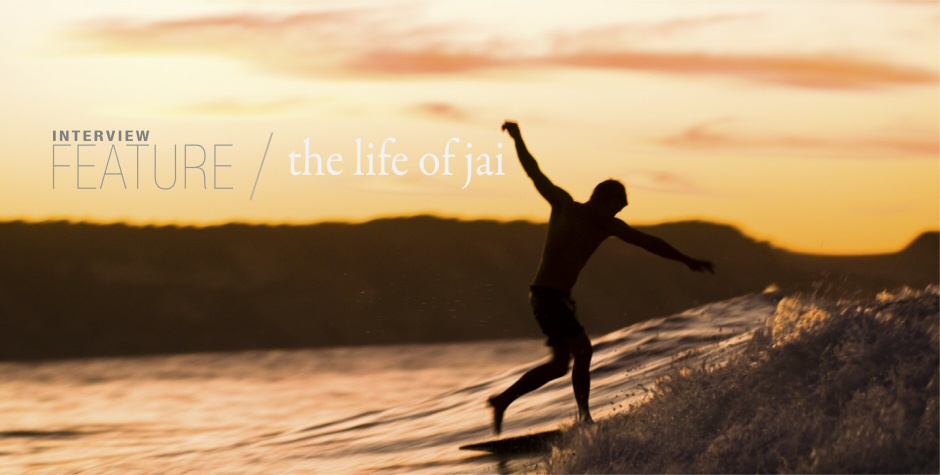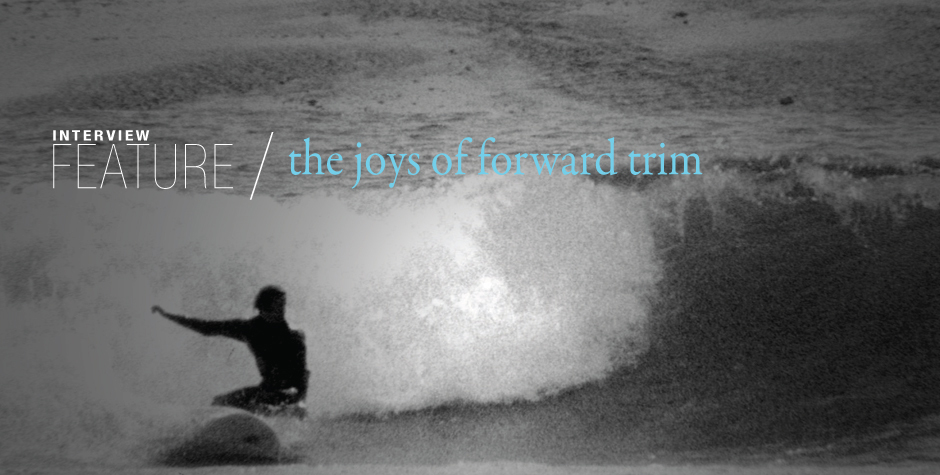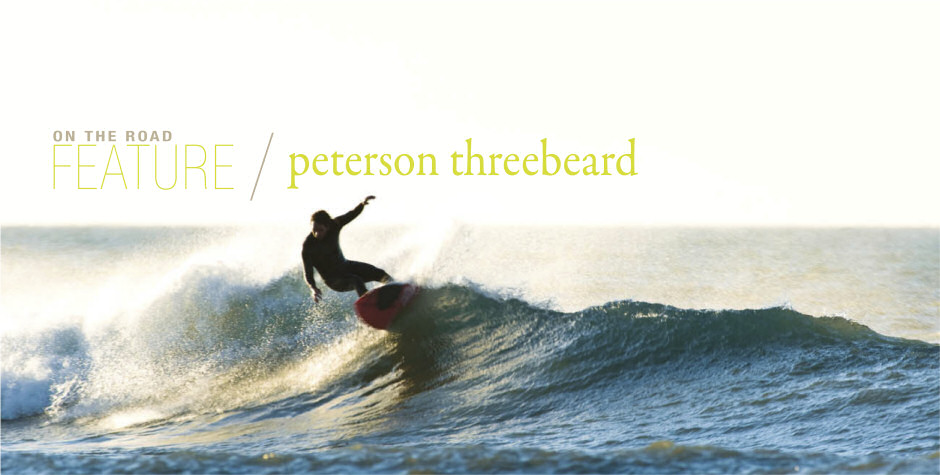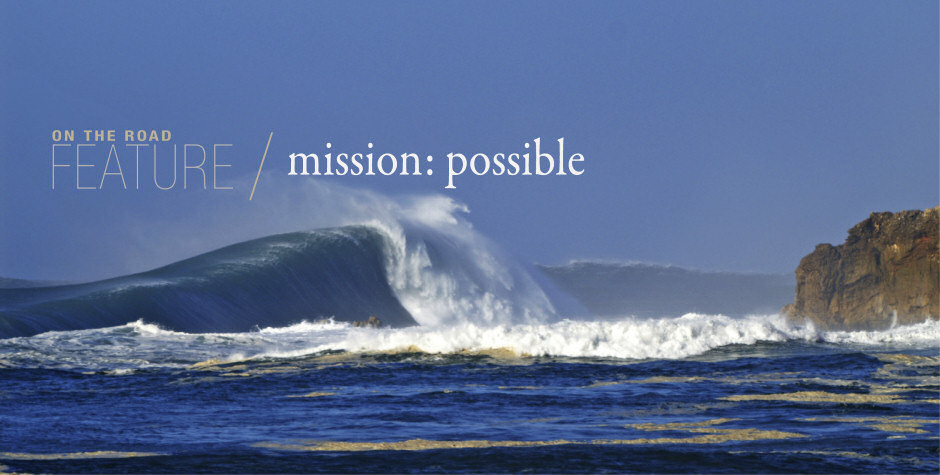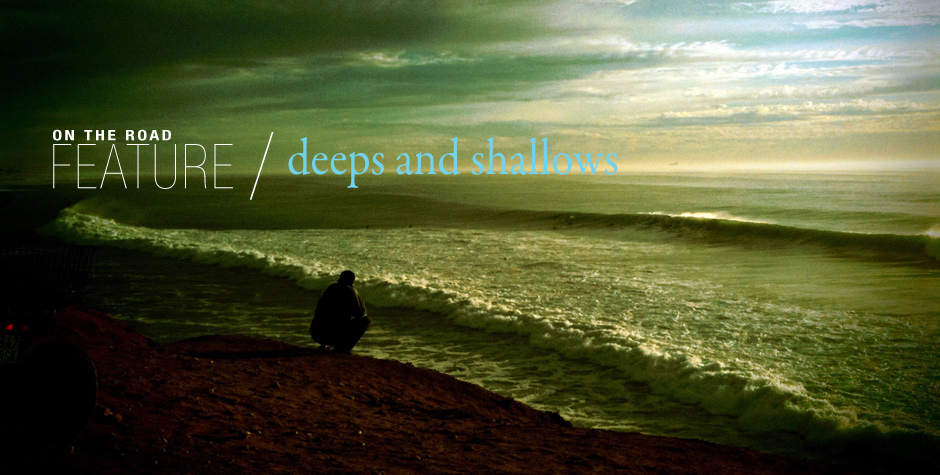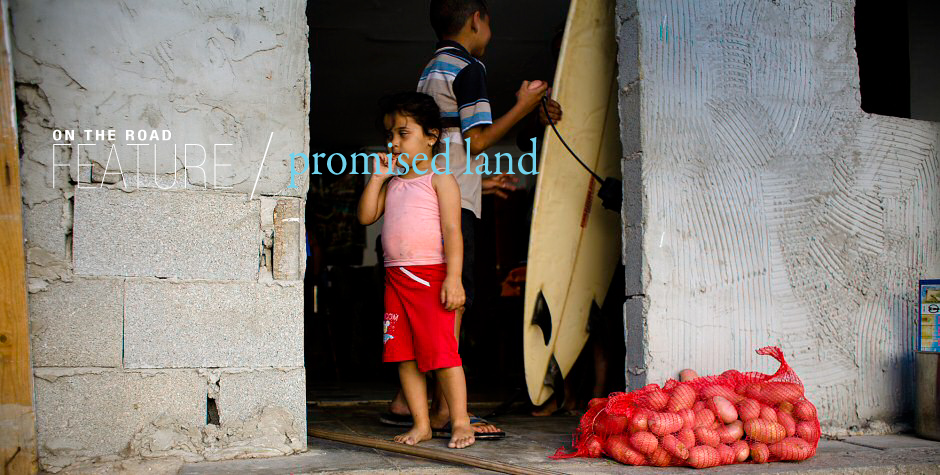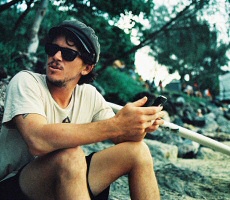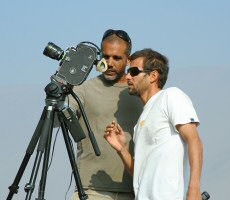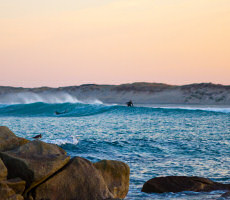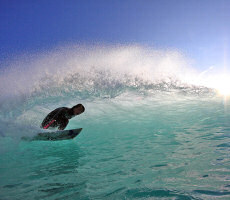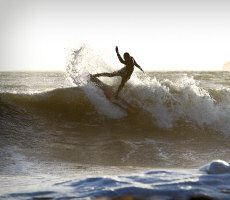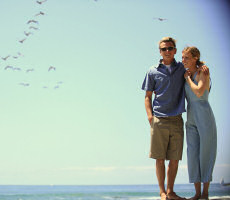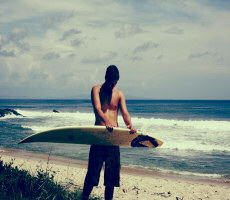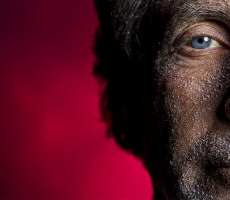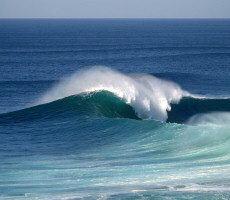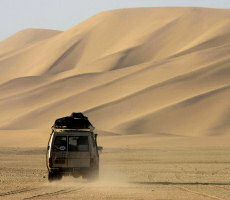No tracks in the snow
 I wanted to make a splash with my first article on Drift, so I thought I would have a chat about surfing and life with one of the most interesting men on the planet. As it happened, Stephen Hawking had other plans. But the man who did eventually give up his time for Drift is Andy Martin – a professor of French at Cambridge University; author of ‘Stealing the Wave’ and ‘Walking on Water’, as well as books on Napoleon and Brigitte Bardot; writer of diverse articles for major newspapers and contributor to various BBC productions. Most importantly, however, he’s a surfer like the rest of us. [photo by John Callahan.]
I wanted to make a splash with my first article on Drift, so I thought I would have a chat about surfing and life with one of the most interesting men on the planet. As it happened, Stephen Hawking had other plans. But the man who did eventually give up his time for Drift is Andy Martin – a professor of French at Cambridge University; author of ‘Stealing the Wave’ and ‘Walking on Water’, as well as books on Napoleon and Brigitte Bardot; writer of diverse articles for major newspapers and contributor to various BBC productions. Most importantly, however, he’s a surfer like the rest of us. [photo by John Callahan.]
Andy, you once wrote that you were “born in East London, far from any beach, but umbilically connected via the Thames with the open sea”. By way of introduction, tell us how you eventually made it to the ocean, how often you get your feet wet and what kind of surfing you do?
This may not work for everyone, but I think marrying an Australian definitely helped. Having fantasised about surfing for many years, I think the turning point came when I witnessed the real thing for the first time at Ulu Watu. I wanted to paddle out straight off on the basis of zero actual experience. A passing Aussie probably saved me from bashing my brains out on the cliffs.
How often: whenever the chance comes up, preferably somewhere with palm trees.
What kind of surfing? Not high performance. Graceful if I’m lucky.
 You must have taken more trips to Hawai’i than the average West Ham United fan, what with your many expeditions to the Eddie Would Go contest. But do you actually like the place? Can you envisage a ‘Martin’ household there?
You must have taken more trips to Hawai’i than the average West Ham United fan, what with your many expeditions to the Eddie Would Go contest. But do you actually like the place? Can you envisage a ‘Martin’ household there?
I love Hawaii, but it is definitely not paradise. It probably induces a kind of madness. So naturally I feel I slot right in there. As for setting up house in Hawai’i – well, it’s a long commute.
West Ham aside, as a writer and professor you must have studied what most people would recognise as great works of art. Is surfing an art?
I get paid to read and write. But I have a sneaking regard for everything that is the opposite of a book. Surfing arose out an oral culture. Hawai’i has gone from pre-literate to what I think of as post-literate almost without missing a beat. Surfing – to me at any rate – like any great art is (a) ultimately futile but (b) despite itself somehow manages to contain a meditation on life and death.
Most Drift followers will know you from ‘Stealing the Wave’, your book on big-wave surfing and the epic battle between the notorious Ken Bradshaw and Mark Foo. I love your comparison of Bradshaw to an ‘existential’ hero. Not many surf writers would employ such a device, and it’s also one of the easiest to understand descriptions of an ‘existential’ principle that I’ve ever seen. What interests me, though, is your perspective on surfing… Is it largely ‘existential’ or ‘essential’?
I’d like to turn this one around. Rather than think of surfers as frustrated philosophers, I now tend to think of philosophers as would-be surfers. So for example I see Jean-Paul Sartre, author of ‘Being and Nothingness’ and ‘Roads to Freedom’ as a kind of Ken Bradshaw figure, a hardcore hellman locked into a tragic trajectory, and Albert Camus, ‘The Outsider’, as a more of a Mark Foo, a little more manoeuvrable and stylish. His “dying in a big wave is a beautiful way to go” thinking is comparable to Camus’ “suicide is the first of all philosophical problems.” I suppose if there is a line that captures the ‘essence’ of surfing it is again Camus: “beauty is unbearable. It drives us to despair, offering us eternity in a moment that we would like to unwind across the whole of time.”
But Sartre explicitly fantasises about surfing in a passage in ‘Being and Nothingness’, where he compares our passage through the water favourably to skiing because it “leaves no trace”, no tracks in the snow.
In your opinion, are there many ‘thinking’ surfers, or do most of us live up the stereotype of having too much salt stuck between our ears?
I think most of us – perhaps all of us – think too much, but we tend to think in straight lines most of the time. Surfing is a different way of thinking about our relationship with the world. It goes off at an oblique angle. I like that.
In ‘Stealing the Wave’ you also tell some memorable stories about your time spent at some of the world’s most famous breaks. Do you have any from outside the surfing world?
I can tell you one about New York. I recently competed in the Empire State Building Run-Up, where you get to run up all the stairs of the Empire State. I’m not making this up. I wasn’t sure I could really make it. And oddly enough as I approached the Empire State one fine morning in February, it reminded me a lot of a big day at Waimea Bay, which fills you with a mix of ecstasy and terror.
 Simon Barnes, the sports journalist and birdwatcher, once wrote something along the lines of: “Da Vinci never had to choose between one discipline or the other, so why should I?” I quite agree with him. But if you absolutely had to choose between words and waves, what would it be?
Simon Barnes, the sports journalist and birdwatcher, once wrote something along the lines of: “Da Vinci never had to choose between one discipline or the other, so why should I?” I quite agree with him. But if you absolutely had to choose between words and waves, what would it be?
OK, this is hard and probably impossible. I’m just about to try a philosophical and psychological experiment by taking a vow of silence (for 24 hours only) when I give up words completely. I suspect language will find a way to creep back in. It’s a little bit like that with surfing. The less I surf the more I think about it: the more it exists as a metaphor. Waves are like dreams: if you don’t have them, you start hallucinating.
Is there any reason why your books generally have three words in the title?
Are you training to be a psychoanalyst? Clearly there’s some secret pattern here that I was completely unaware of. Something to with the three blind mice, I should think, or the three pigs. Or maybe Hegel’s dialectic.
Finally, any projects that we should know about in the pipeline?
I’m currently writing ‘What it Feels Like to Be Alive’. At least I managed to get the number of words up. Surfing gets in there somewhere.
To find out more about Andy’s work in progress, visit his website, and read the New York Times article about the Empire State Building Run-Up here.
